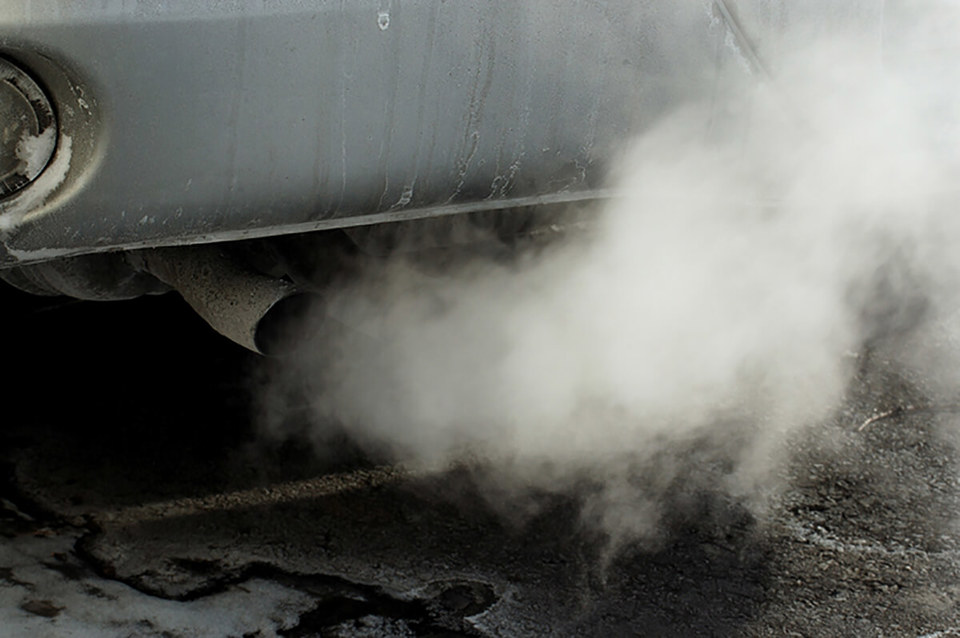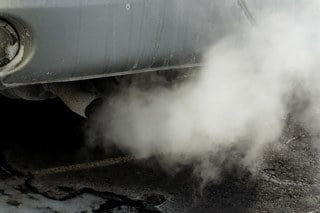The total business fleet leasing market for cars and vans has grown 2.5% year-on-year to 1,338,000 according to findings from the latest Quarterly Leasing Survey carried out by the British Vehicle Rental and Leasing Association (BVRLA).
Although 1% down on the previous quarter, this follows two consecutive quarters of growth.
Figures for Q3-2017 show that the car portion of the business fleet leasing market fell 0.3% to 964,000 year-on-year, outstripped by the LCV sector which had its ninth consecutive quarterly increase, up by 10.3% year-on-year to 374,000.
Total car leasing (all leasing types) grew by 6% year-on-year, down from 11% in Q1-2017. Much of this growth continues to be driven by the personal contract hire (PCH) segment, although growth rates have slowed in 2017.
The latest Q3-2017 data from BVRLA members shows that the PCH sector grew 28% year-on-year representing a significant slowdown. Figures from the same period last year showed a 49% year-on-year increase.
Average CO2 figures for newly registered BVRLA member lease cars remained stable at 111.7g/km in Q3-2017 almost unchanged from the previous quarter. However, year-on-year comparisons show an upward trajectory with CO2 emissions up 0.9% in Q3-2017 compared to the same period in 2016 (110.7g/km).
Although overall CO2 emissions are gradually increasing, newly registered BVRLA member lease cars still have average emissions 8% lower than the overall UK new car market, which emit on average 121.3g/km, up by 0.7% year-on-year and on the previous quarter.
The proportion of diesel cars in the BVRLA fleet remains relatively static at 74.1% in Q3-2017, down marginally by 0.8% quarter-on-quarter. However, new registrations saw diesel cars fall by 4.7% down to 63.4% from 68.1% last quarter.
Petrol cars represent 20.4% of the total car fleet, up 6.6% year-on-year and 2.5% on last quarter, indicating that the shift away from diesel is predominantly moving towards petrol.
BVRLA chief executive Gerry Keaney said: “We currently have a poorly designed tax environment that encourages people to make their own arrangements rather than choosing a company car. This is putting older, higher-polluting grey fleet vehicles on our roads.
“To this we can add the demonising of diesels and continued uncertainty around air quality measures, which is nudging people towards petrol cars. The inevitable result is that we are seeing CO2 levels increasing.
“With the right tax regime, incentives and government communication, the fleet industry can have a huge impact on improving air quality across the country.
“BVRLA fleets are on average 8% cleaner than the national average and our members are ready to advise and provide individuals and businesses with the cleanest and most suitable cost-effective solution to best meet their needs.”




















Login to comment
Comments
No comments have been made yet.